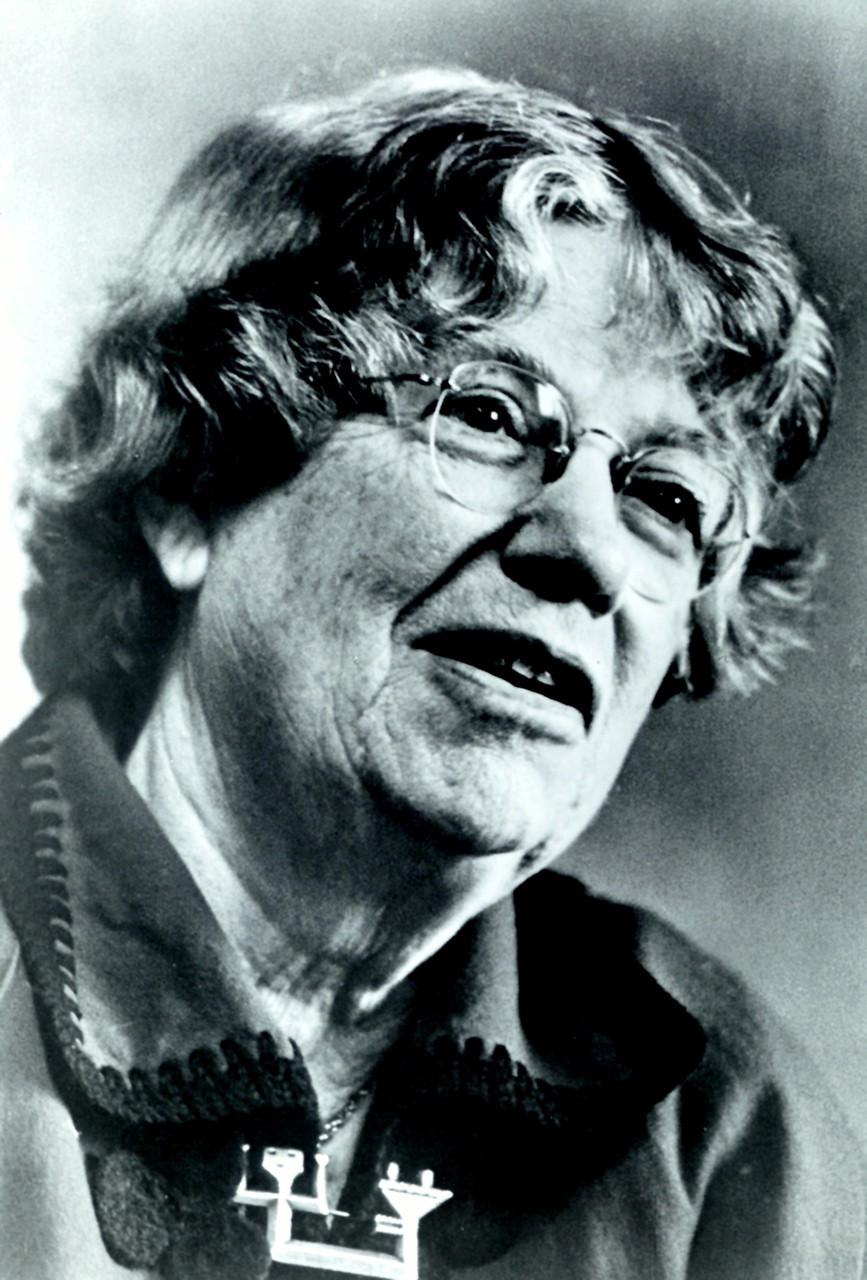For half a century, from 1928 to 1978,
Margaret Mead was the most widely known anthropologist in the world. As a young graduate student mentored by Franz Boas and Ruth Benedict at Columbia University, she had gone off in late 1925 to study adolescent girls in Samoa. When she returned, she wrote a book,
Coming of Age in Samoa (1), that immediately became a best-seller and introduced many people to anthropology and its holistic vision. As she stated in the 1973 preface to the book, she wrote in “language that would be communicative to those who had most to do with adolescents—teachers, parents, and soon-to-be parents...who might make the best use of its theme, that adolescence need not be the time of stress and strain which Western society made it.”
During the 15 years after Samoa, Mead made five field trips (especially to New Guinea and Bali), studied eight different cultures, and published professional and popular works on her observations and conclusions. Over the subsequent years, in her writing and many lectures, she continued to shape and sharpen public and professional awareness of cultural diversity, focusing especially on topics of gender differences, child and adolescent development, and cultural differences and change within and across national boundaries. She influentially described wide variations across cultures in the traits associated with masculinity and femininity, showing the ways in which “a culture can select a few traits from the wide gamut of human endowment and specialize these traits, either for one sex or for the entire community”
(2, p. 289).
Even though after her death in 1978 her youthful Samoan study was polemically attacked
(3) for its methodology and its alleged cultural determinism, it is clear that these claims misrepresented her original highly nuanced observations. They also failed to acknowledge the richness of her thinking and methodology as it evolved during the following 50 years, especially her recognition of the importance of the interaction of biology and culture in the human maturation process
(4,
5). In her 1960 presidential address to the American Anthropological Association, she stated that genetics is “enormously relevant to problems absolutely central to our discipline”
(6). In 1973, she expressed concern that a “renascence of racism” suggested that understanding was still lacking “about the significance of culture—the interplay between individual endowment and cultural style, the limits set by biology, and the way in which human imagination can transcend those limits”
(1, p. xi).
Those of us who recall Margaret Mead as a tiny, doughty woman—with a tall shepherd’s crook in her hand and with penetrating insights from her lips—regret that there has been no one comparable to replace her.


